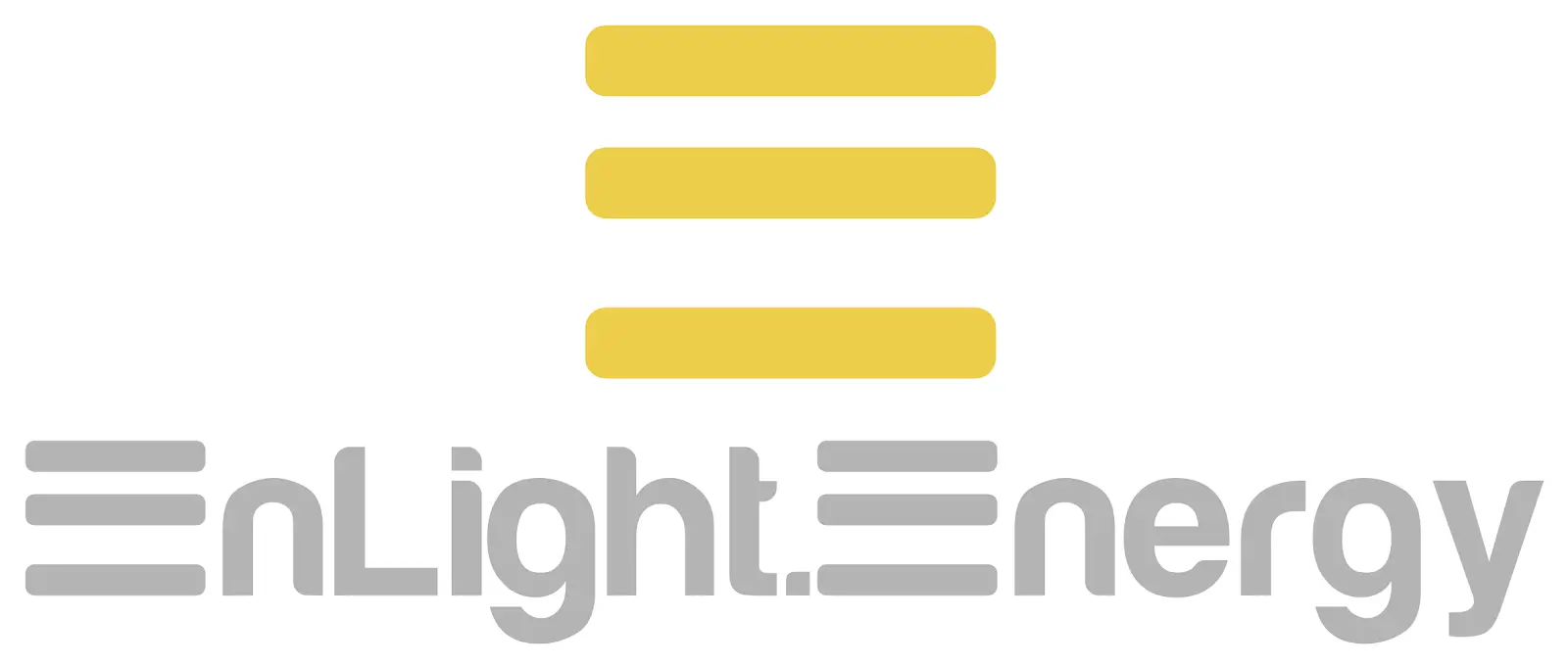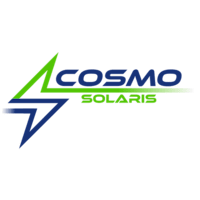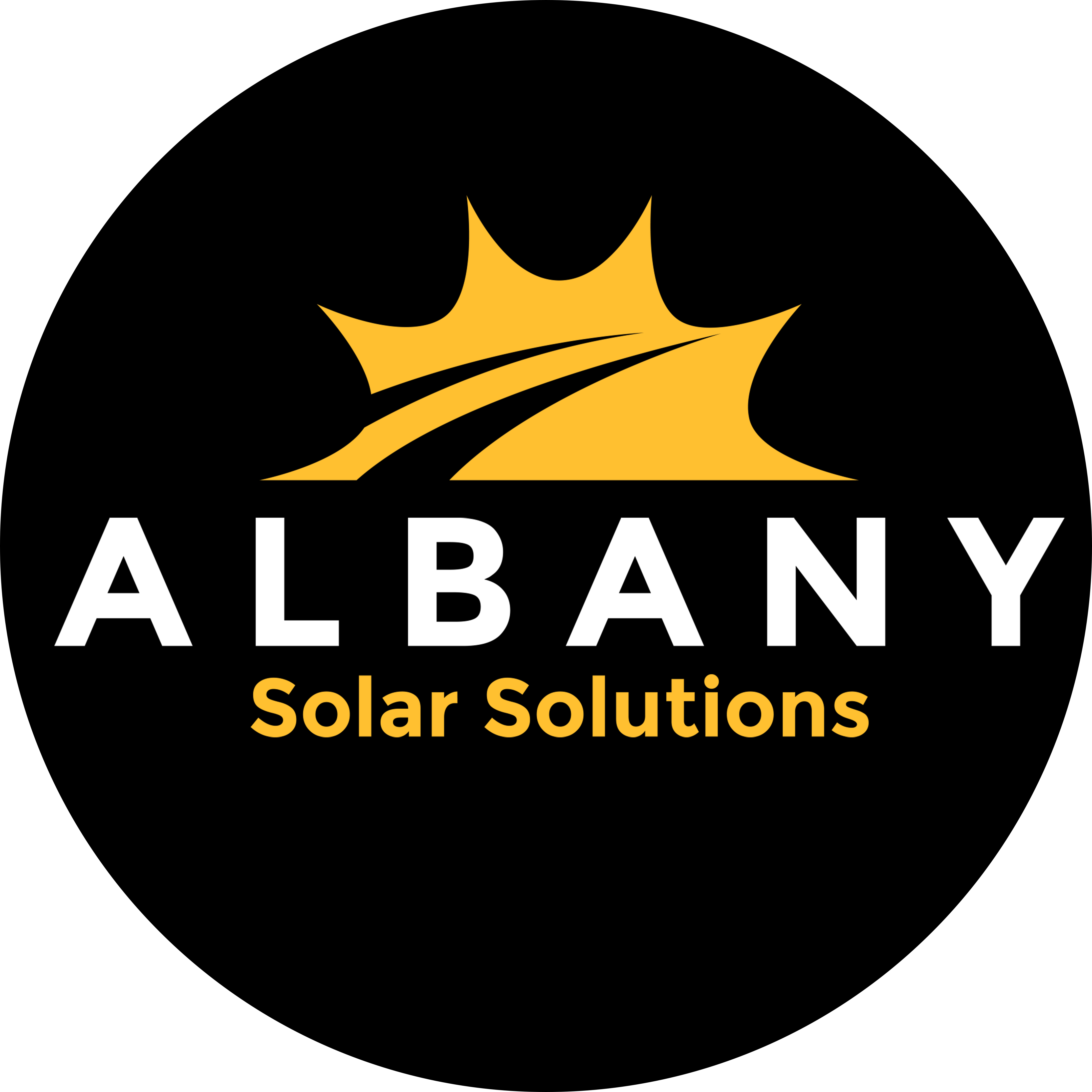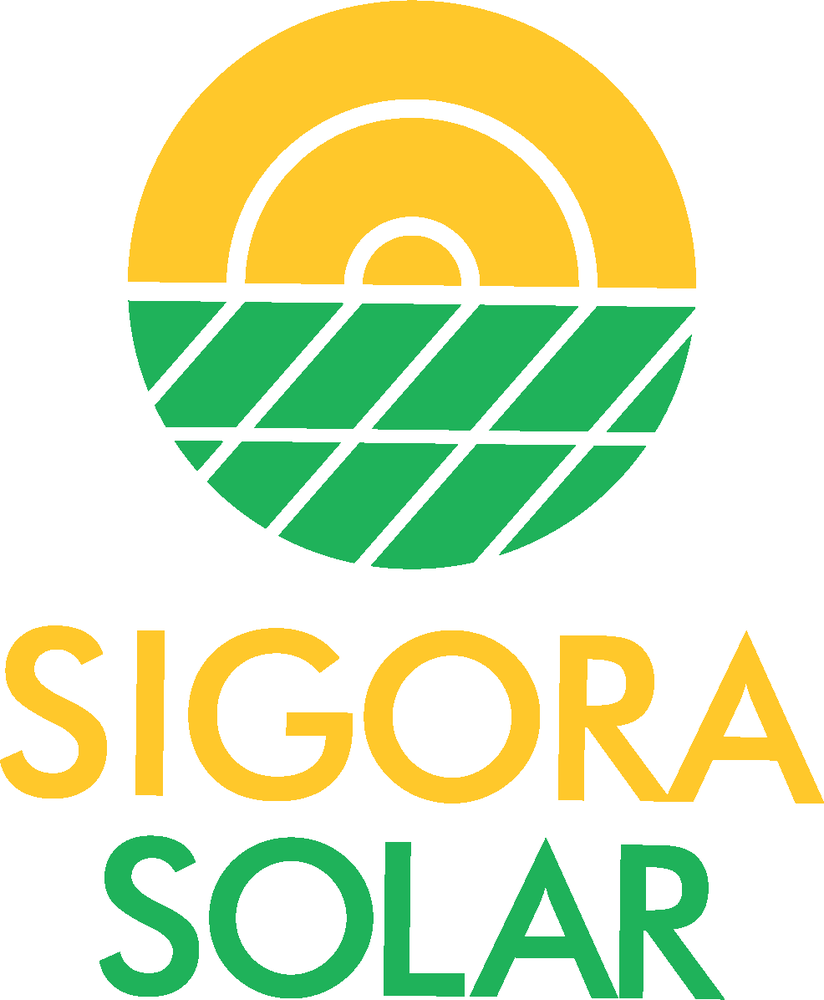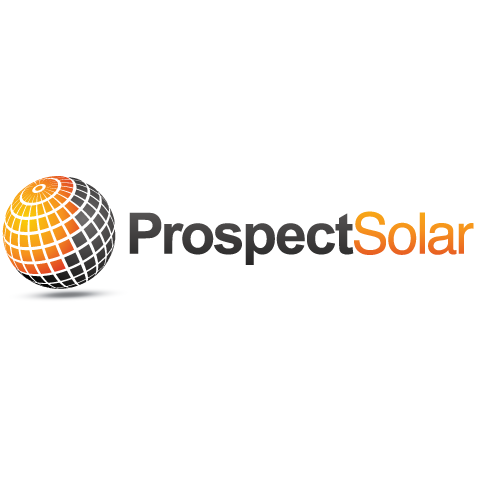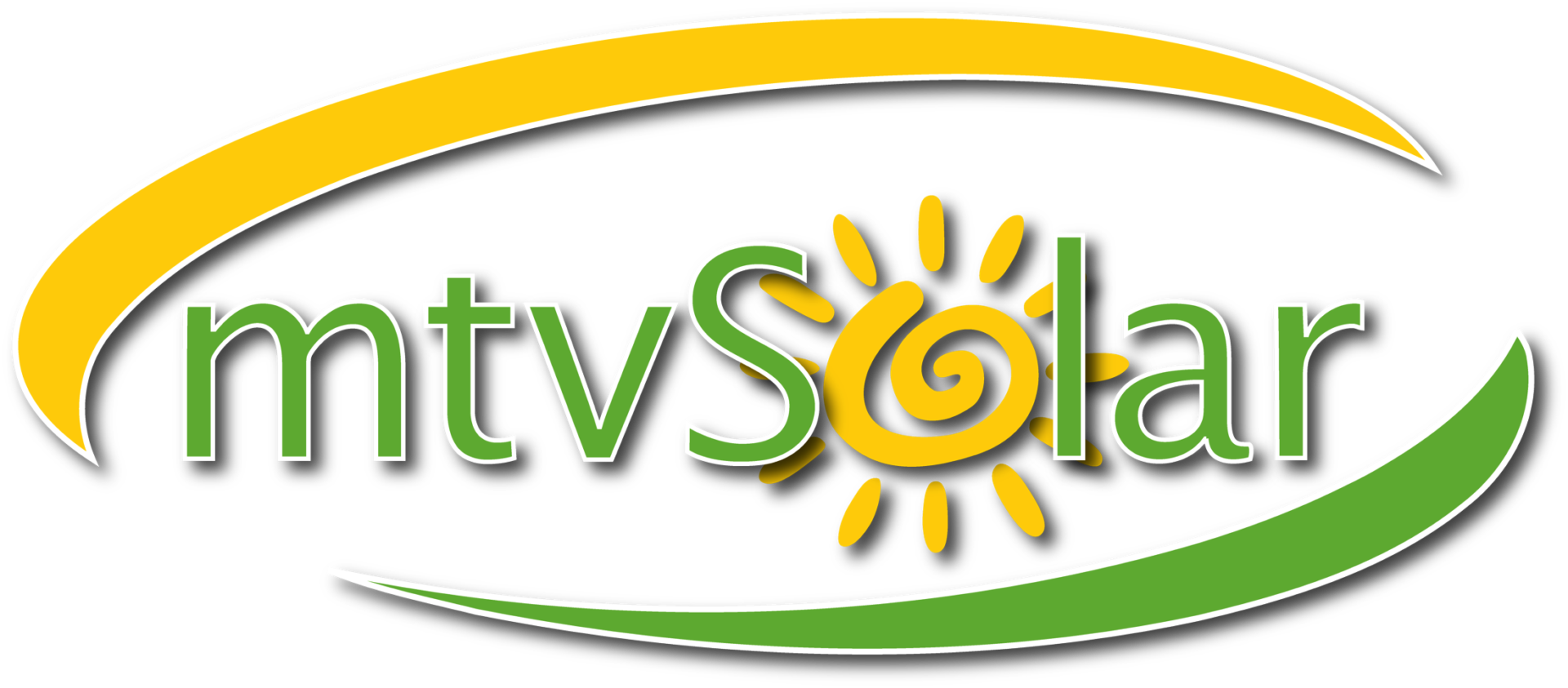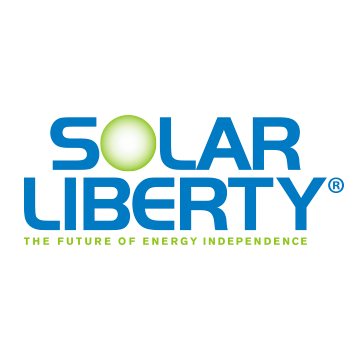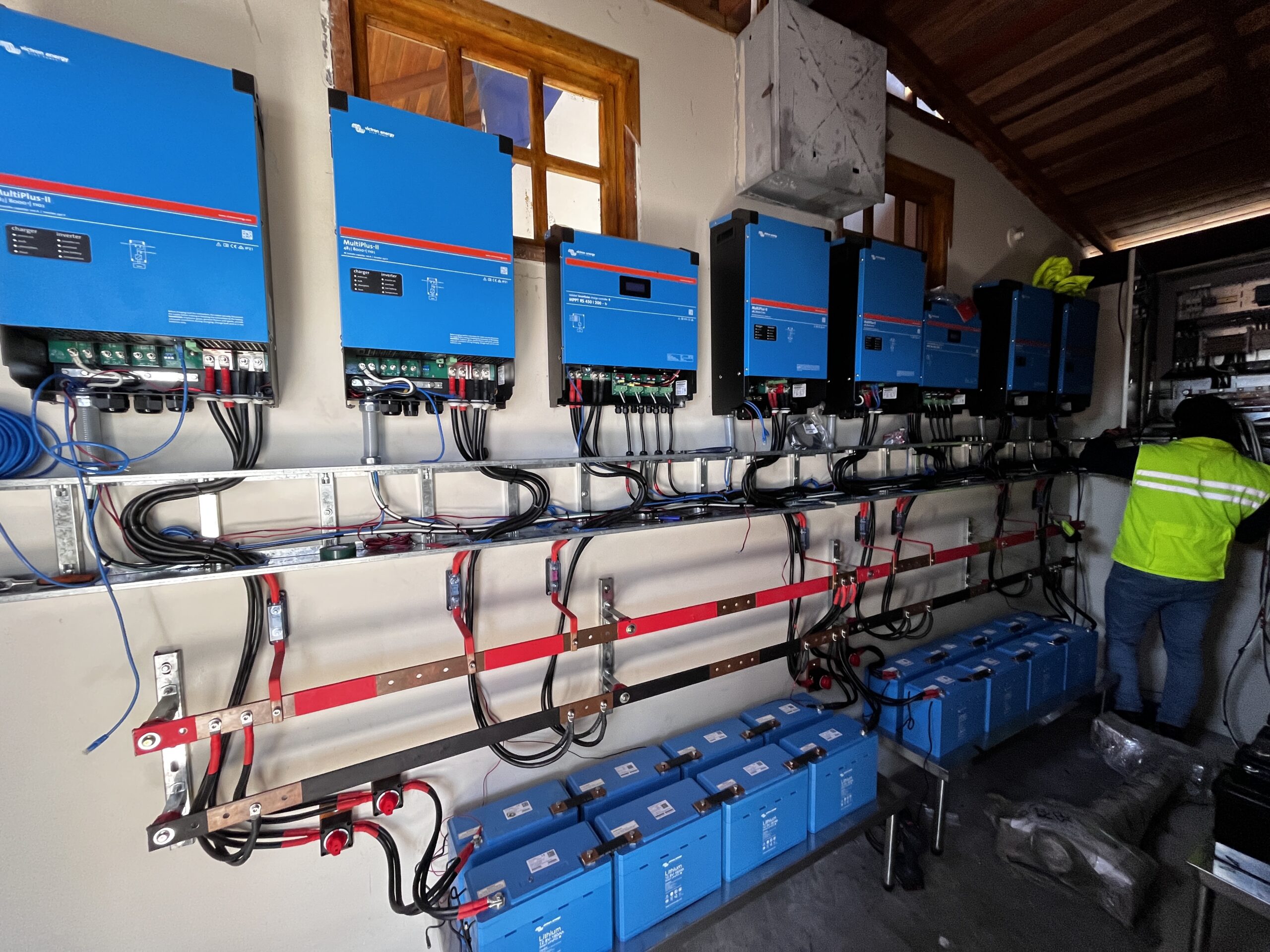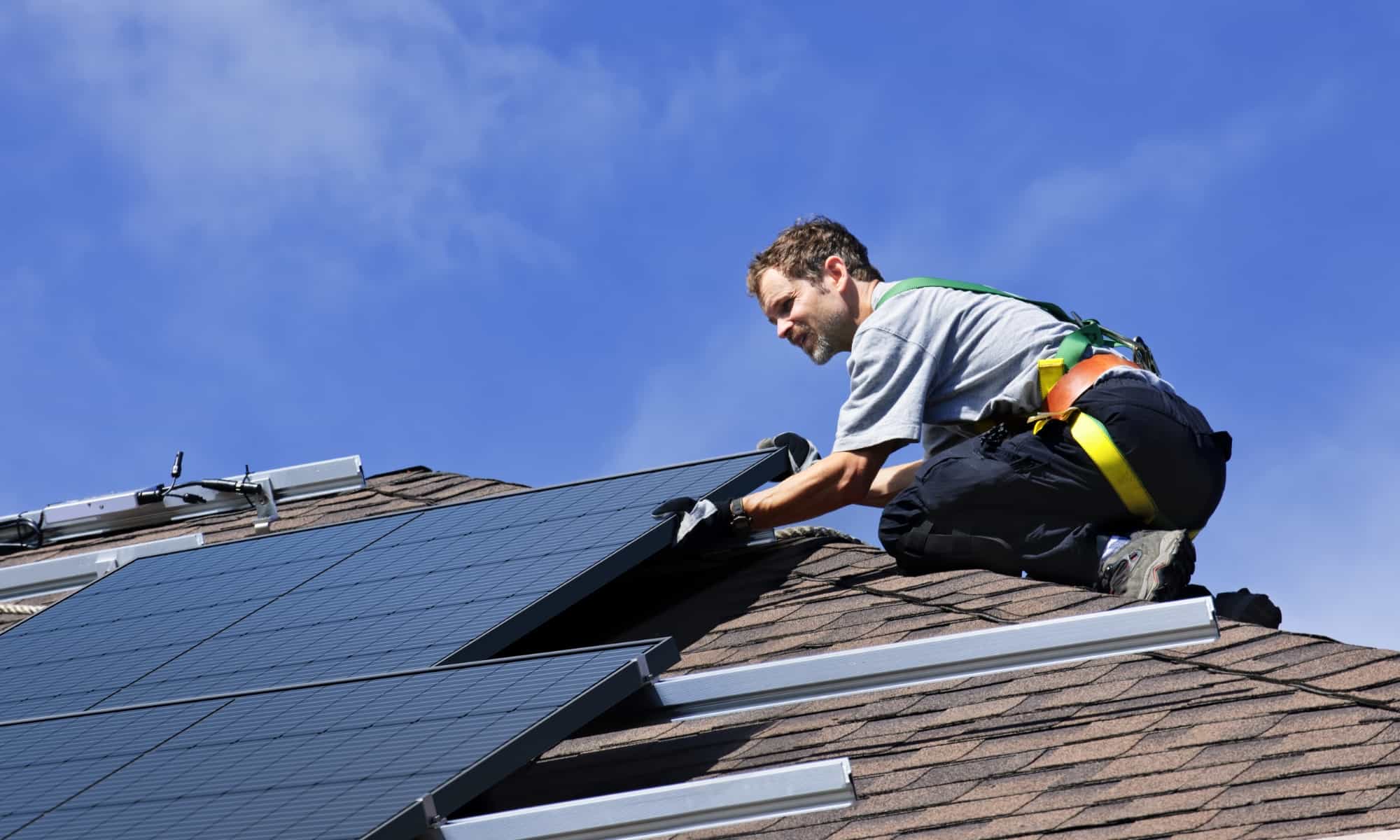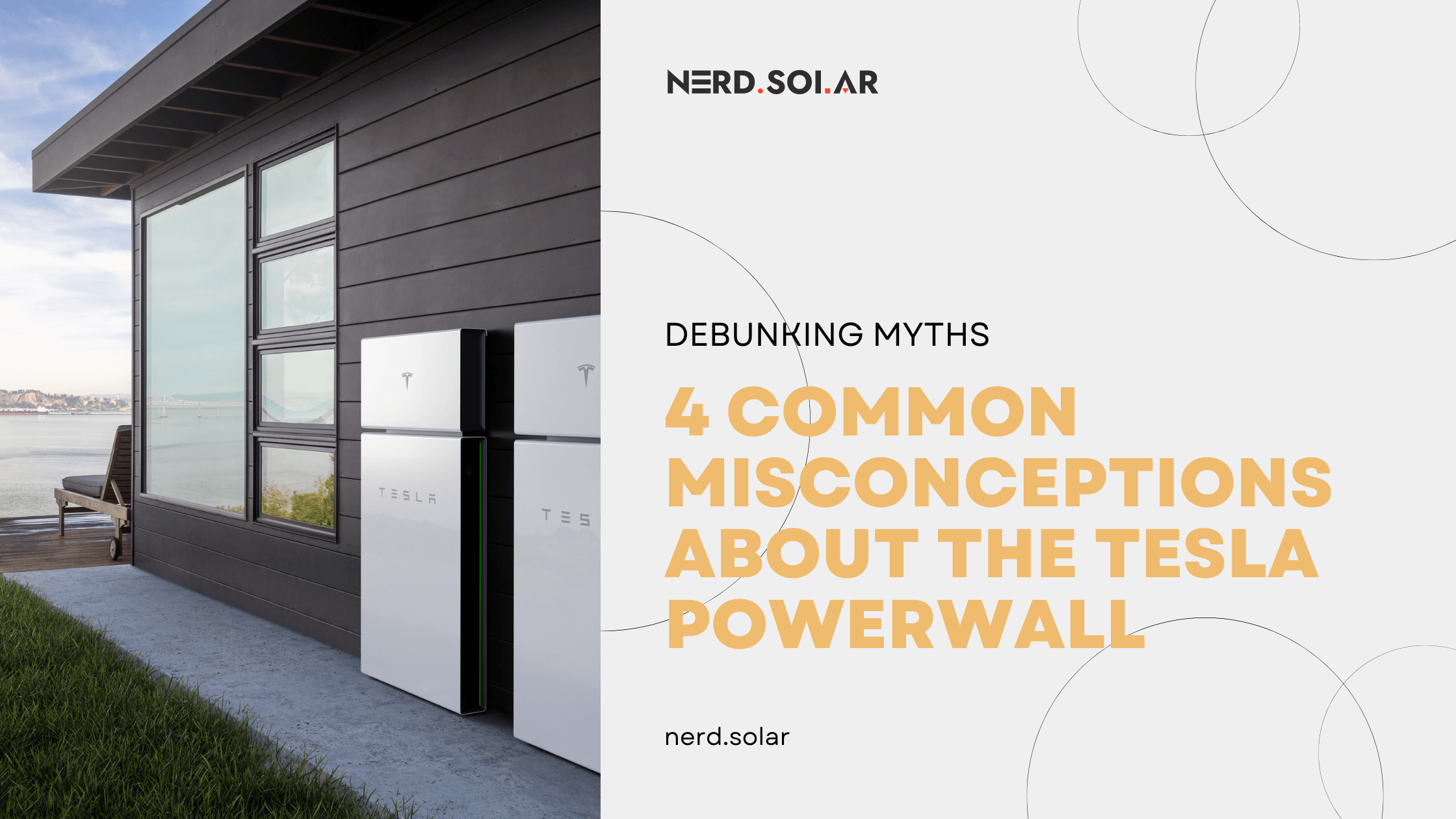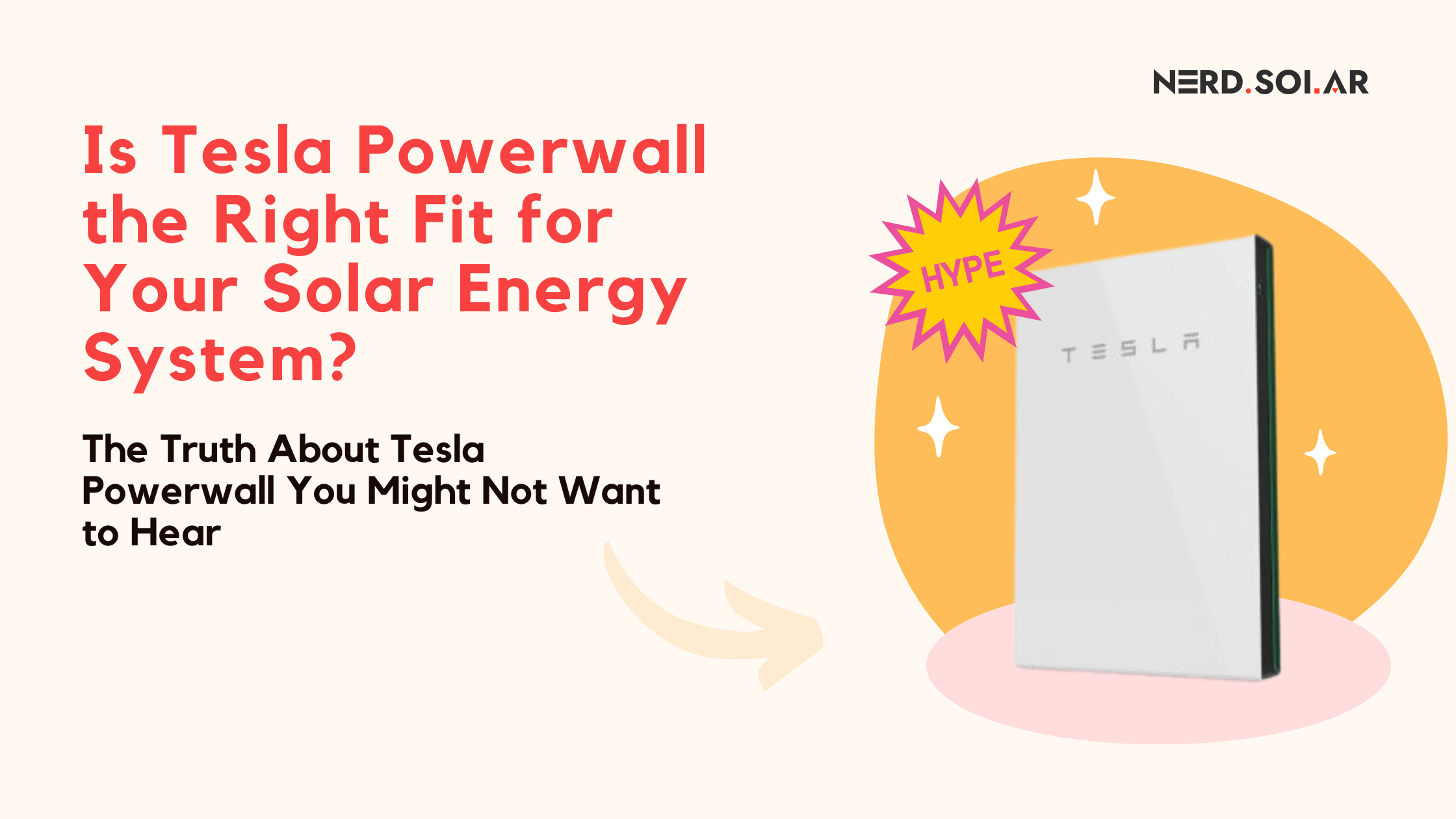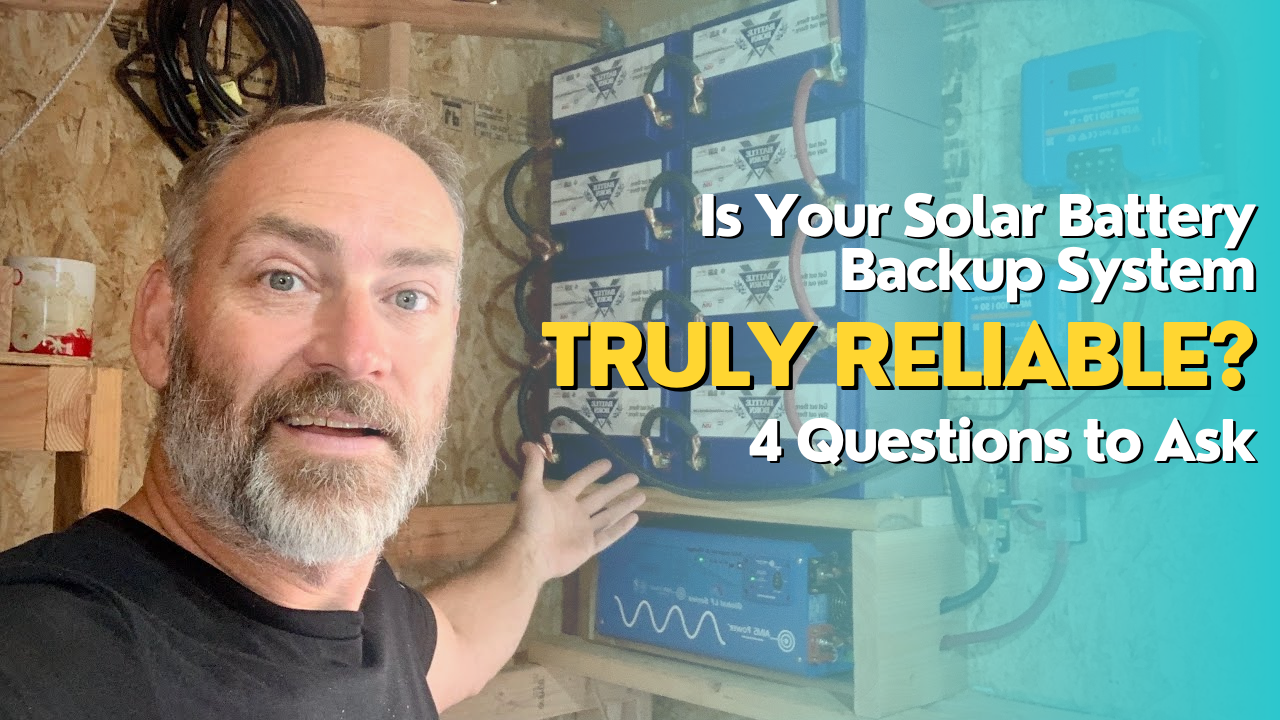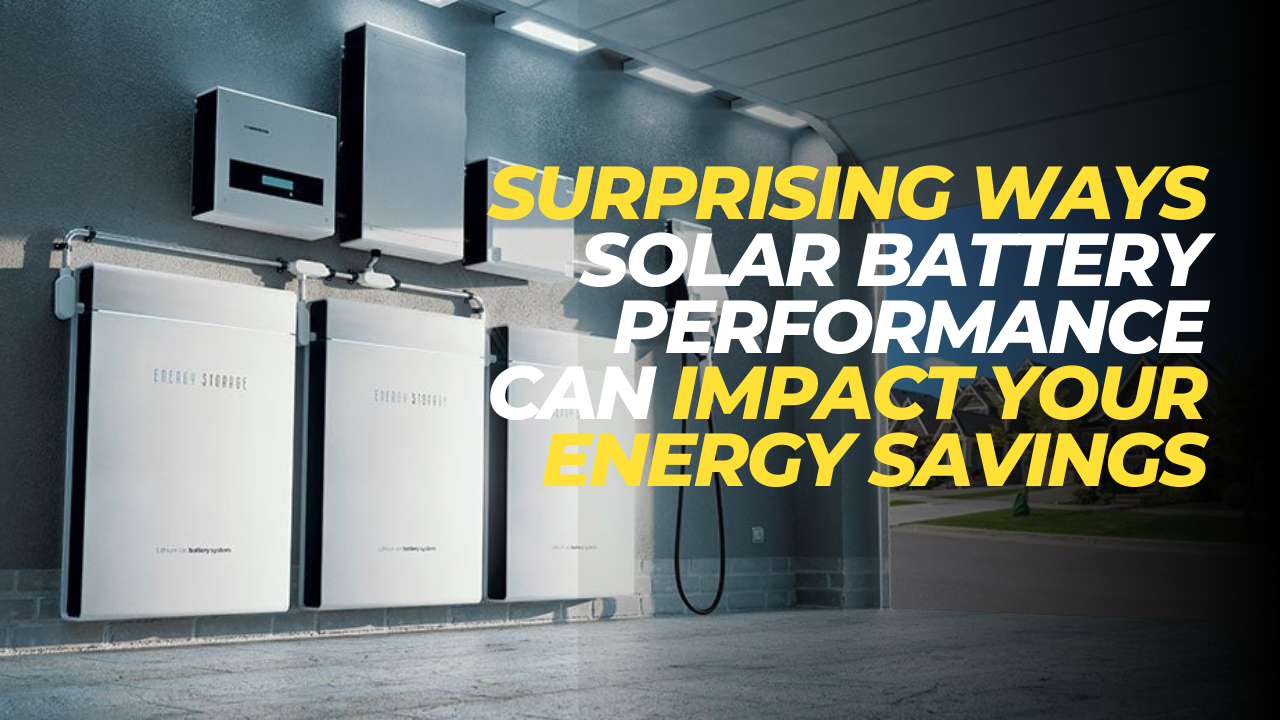How Do We Rate Solar Companies?
TL;DR: We rate solar installers from 1 to 5 stars to help you pick the best one. High stars mean they’re really good at what they do and treat their customers right. Low stars? Not so much. We give credit to companies that have been around for a while, know what they are doing, have a high standard of workmanship and equipment, don’t hire subcontractors to keep the bar of solar installation quality high and have good local reviews from real customers (yes, we check if the reviews are actually real or fake). Companies we choose as top-rated know and can help with federal and local solar incentives to help you save, have good financing plans, and guarantee their work. We’re here to point you to the solar companies that truly rock, making going solar easy and worthwhile for you.
Check our detailed review process here.
Quick Recap
- Is It Worth Going Solar in West Virginia? Yes, it is worth going solar in West Virginia. The average homeowner saves $28,609 over the lifetime of their solar system.
- How Much Does Solar Save Homeowners in West Virginia? The average homeowner in West Virginia saves around $28,609 over the lifetime of their solar system.
- What is the Average Cost of Going Solar in West Virginia? The average cost of a solar system in West Virginia is around $15,000 after incentives.
- West Virginia Solar Incentives West Virginia does not offer state-specific financial incentives for residents to go solar. Residents can still take advantage of the federal incentive and net metering.
- Are There Any Community Solar Programs in West Virginia? Currently, community solar programs are not accessible in West Virginia.
- Will Solar Increase Your Home Value in West Virginia? Yes, solar conversion will increase your home value in West Virginia. The typical bump in value is around 4.1% following installation.
- What are the Solar Financing Options Available in West Virginia? Unfortunately, there are no statewide solar financing programs in West Virginia.
Is It Worth Going Solar in West Virginia?
Going solar in West Virginia can offer a variety of benefits, both in terms of energy savings and financial incentives. Here are some key points to consider:
Energy Savings
- Solar panels can help reduce electricity bills. When you install a solar system, you produce your own electricity using the power of the sun.
- West Virginians use an average of 1,051 kilowatt-hours each month, which is higher than the national average of 881 kWh. Therefore, solar panels can lead to significant energy savings.
- For the average West Virginia household, generating all their own electricity with solar would save $1,298/year.
Financial Benefits
- The average price of a solar array for West Virginians is around $36,960, based on the local price per watt for photovoltaic (PV) panels and the average system size — around 11 kilowatts (kW) — needed to compensate for electric bills.
- Despite the high upfront cost, most homeowners still find that solar panels are worth it because of the high energy consumption throughout the state. This comes out to a typical savings of $28,609 over the lifespan of the panels.
- Homeowners are eligible for net metering and the federal solar investment tax credit (ITC).
- Installing solar panels can increase property value and improve home resale value.
While the initial cost of installing solar panels in West Virginia can be high, the long-term energy savings and financial benefits make it a worthwhile investment for many homeowners. It’s always a good idea to get a personalized quote and consultation from a local solar provider to understand the potential benefits based on your specific situation. Going solar not only helps save money but also contributes to a sustainable future.
How much does solar save homeowners in West Virginia?
The average cost of electricity in West Virginia is 13.64 cents per kilowatt-hour (kWh) as of January 2024, which is a 4.2% increase from the previous year. For a typical household using 1,074 kWh per month, this translates to an average monthly electricity bill of $150.15 in West Virginia.
Installing solar panels can significantly reduce or even eliminate these electricity costs for West Virginia homeowners. As of May 2024, the average cost to install solar panels in West Virginia is $2.64 per watt after applying the 30% federal tax credit. For a typical 6 kW (6,000 watt) system, the total cost would be around $11,084.
Over the 25+ year lifespan of the solar panels, a West Virginia homeowner could save about $28,609 on electricity bills after the system pays for itself, which takes around 13 years on average[2]. For example, a household that installs a 5 kW system costing $14,299 before incentives could save about $28,530 over 20 years.
Net metering also helps improve solar savings in West Virginia. The state requires all utilities to offer net metering, where excess solar electricity sent to the grid is credited at the full retail rate to offset future electricity bills. Unused credits roll over indefinitely.
However, some utility companies like Mon Power and Potomac Edison have recently proposed ending the current net metering system and reducing the credit solar owners receive, which could impact future savings. But for now, net metering remains a key incentive.
With installation costs of solar dropping, the federal tax credit, and net metering in place, a typical West Virginia household can eliminate their $150 monthly electric bill and save $28,000+ over the long term by going solar. The key is to compare quotes from multiple installers to get the best deal.
What is the average cost of going solar in West Virginia?
Some key points about solar costs in West Virginia:
- Before the federal tax credit, a typical 6 kW system would cost around $15,840 at $2.64/watt.
- The average 11 kW system needed to offset a typical household’s electricity usage would cost $29,040 before incentives, or $20,328 after the 30% federal tax credit.
- Prices can range from $18,816 to $32,928 for an average installation before incentives, depending on system size.
- Over 25 years, the levelized cost of solar energy in West Virginia is about 5.7 cents per kWh, much lower than the projected utility rate of 23.1 cents per kWh.
- Most quotes show solar costing between $2.53 to $2.88 per watt in West Virginia depending on system size, with larger systems having a lower cost per watt.
So in summary, homeowners in West Virginia can expect to pay between $11,000 to $20,000 on average after incentives for a typical residential solar panel system in 2024, with an average cost of $2.64 per watt. The 30% federal tax credit significantly reduces upfront costs.
West Virginia Solar Incentives
Here is a detailed overview of the solar incentives and rebate programs available to homeowners in West Virginia who install solar panels:
Federal Solar Incentives:
The main federal incentive is the Solar Investment Tax Credit (ITC), which allows you to deduct 30% of the cost of installing a solar energy system from your federal taxes. There is no cap on its value.
- The ITC applies to both residential and commercial systems, and there is no maximum limit on its value. Homeowners can claim the credit for their primary residence, a vacation home, and new construction.
- If the federal tax credit exceeds tax liability, the excess amount may be carried forward to the succeeding taxable year.
Statewide Solar Programs:
Unfortunately, West Virginia does not offer any statewide solar rebates or solar tax credits. The state also does not have a Renewable Portfolio Standard (RPS) with solar carve-outs that would otherwise encourage utilities to offer incentives.
- West Virginia previously had an RPS goal of 25% renewable energy by 2025, but this was repealed in 2015, making it the first state to repeal its RPS.
- There are no solar performance payments, property tax exemptions, or sales tax exemptions for solar systems at the state level in West Virginia.
The main solar incentive available to West Virginia homeowners is the 30% federal tax credit. With a lack of state or local rebates and tax credits, the economics of going solar in West Virginia are not as favorable compared to some other states. However, the federal ITC still provides a substantial upfront savings, and net metering helps improve long-term savings. As solar costs continue to fall, going solar is becoming increasingly viable for West Virginia homeowners.
Net Metering Policies in West Virginia
Net metering is a billing arrangement that allows residential and commercial customers who generate their own electricity from solar power to feed electricity they do not use back into the grid. Here’s how it works and how you can benefit from it in West Virginia:
What is Net Metering?
- Net metering enables households and businesses to generate their own electricity through solar, then feed their excess power back into the local electric grid.
- When you generate more electricity than you use, you get a credit (equal in value) on your next month’s electric bill.
Benefits of Net Metering:
- It’s a good way to help consumers save money.
- It makes electric service more reliable for everyone.
- If your generation exceeds your usage for a given month, you will receive a credit for each excess kilowatt hour, to be applied in later months when you generate less electricity than you consume.
- Credit for excess generation will rollover from month to month indefinitely.
Net Metering Rules in West Virginia:
- All residential customers of investor-owned utilities (IOU), municipal utilities, and electric cooperatives with system capacity no greater than 25 kW and at least $100,000 in general liability insurance are eligible to net meter.
- The state’s total net metered capacity is capped at three percent of the previous year’s peak load capacity.
- Utility customers with net metered systems will be credited for each kilowatt produced by their system and each month will be billed for the number of kilowatt hours they used, minus the number of kilowatt hours generated.
Net metering in West Virginia can provide significant benefits to solar panel owners. It allows you to save money on your electricity bills and contribute to a more sustainable and reliable electric grid. However, it’s important to note that utility companies in West Virginia have asked the Public Service Commission to end net metering. Therefore, the future of net metering in the state is uncertain, and it’s recommended to stay updated on the latest developments.
Are There Any Community Solar Programs in West Virginia?
Currently, there are no active community solar programs available in West Virginia, as the state lacks the enabling legislation to authorize such programs. However, there are efforts underway to change this:
- Solar United Neighbors, a national nonprofit, is advocating for community solar in West Virginia. They believe community solar can significantly lower energy costs, create thousands of local jobs, drive market competition, and ensure all West Virginians have the ability to choose where their energy comes from.
- In the 2024 legislative session, Delegate Evan Hansen introduced HB 4834, which would establish a community solar program allowing subscribers to earn credits against their electric bills. Under the proposed program, the utility would pay the community solar provider for the energy generated, and subscribers would receive a portion of the dollar value as a credit.
- The bill outlines that a community solar facility must be located in the utility’s service territory, be connected to the state’s electric grid, have at least 3 subscribers be limited to 5 MW per facility with a total program cap of 100 MW, and set aside at least 40% of capacity for small subscribers.
Advocates estimate that installing 200 MW of community solar in West Virginia would save subscribers $2.6-5.3 million per year collectively on electric bills, create over 1,630 direct jobs and 2,500 related jobs, and generate $386.3 million in new sales.
However, the bill still needs to pass the legislature and be signed into law before West Virginians can take advantage of community solar programs. Interested residents can contact their legislators to voice support for HB 4834 and enabling legislation. Once authorized, subscribers could then purchase or lease a “share” in a local community solar project and receive a monthly credit on their electric bill for the energy produced by their share.
